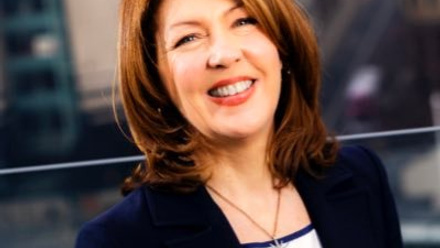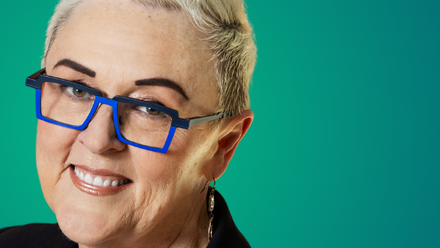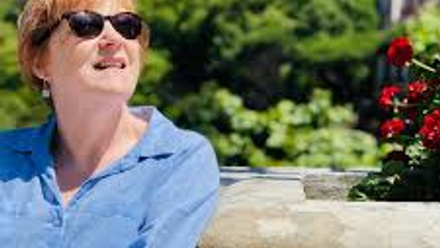Three things we learnt from female leaders on Meat Business Women's International Women’s Day panel sessions
In honour of International Women’s Day, we had the pleasure of hosting two global panel discussions with some of the amazing female leaders in our industry across Australia, New Zealand, the UK and Ireland.
Framed around the theme of International Women’s Day’s #EmbraceEquity, it was an incredible opportunity to learn from these inspiring women about their experiences and insights on topics such as leadership, creating an inclusive work environment, and the power of embracing our differences.
We wanted to share with you the top three things we learnt from the panellists…
Our UK & Ire panellists:
Jo Ormrod, BU President – Paper, Coveris, Jackie Lanham, Chief People & Culture Officer, Hilton Foods, Rebecca Gilligan, Head of Project Management, ABP Ireland & Poland, Olivia Nicholson, Agricultural Manager, Marks & Spencer, facilitated by Carol Glover.
Our Aus & NZ panellists:
Sirma Karapeeva, CEO, Meat Industry Association of New Zealand, Aliette Errington, Senior Category Manager for BBQ, Value Added, and Meat Free. Coles, Raige Enriquez, Finance Manager – Financial Planning & Reporting, JBS Southern, facilitated by Michelle Redfern.
Leadership need not be a pipedream
Women possess a remarkable range of skills which lend themselves well to leadership including empathy, mental flexibility, and intuition, Carol Glover points out.
But, these skills are often not translated into senior roles and leadership positions.
“We need to think about how, as women, we get the exposure we need to start that development journey earlier” says Jackie Lanham.
To help pave the path to leadership roles, Olivia Nicholson recommended ‘prioritizing personal development and developing a stakeholder plan.’
Our panellists agreed that women tend to feel they must meet all the criteria listed in a job description before they apply, while men are more likely to take action with only a few boxes ticked.
Sirma Karapeeva pointed to the idea that that women often struggle with imposter syndrome, believing they are not good enough. “But in reality, you can do it.” She says. “Back yourself and have the strength of your own convictions. Don’t let perfect be the enemy”
An inclusive work environment is key
Creating an inclusive working environment is crucial for both the business and the people who work within it.
Sirma was clear that recruitment isn’t just about ticking boxes and filling positions – it’s about finding the right skillset while fostering an environment that supports diversity. And this needs to be put into practice, says Aliette “I think you need to be truly living and breathing what you are preaching. It’s one thing to say we want to increase our gender balance, but you have to do it!”
Making job descriptions simpler and more accessible is another important step towards a more inclusive recruitment process and a step that Jo Ormrod has taken at Coveris.
Simple things, like helping colleagues with different accents to be understood, can make a world of difference in helping them feel included, says Raige. “I was really struggling with accents when I arrived. My colleagues taught me how to say things so I didn’t have to repeat things all the time. I felt extremely included I would never have done this panel 10 years ago – but we need to give people a chance.”
Our differences are our superpowers
Embracing our differences is key to creating successful and innovative businesses. Jackie points out the importance of the business case for diversity, as diverse teams are more likely to come up with innovative solutions and be more profitable.
As individuals, we should always be true to ourselves and operate consistently, embracing our unique strengths and perspectives. Women in particular often struggle with confidence and comparisons to men, but it’s important to remember “You’re better than you think you are. As women we have a huge lack of confidence. The more that we can demonstrate the value of women the more we can continue to improve” says Jo.
Rebecca Gilligan points out that personal branding is also important – understanding our values and staying true to them is absolutely key.
Olivia says that her differences were impactful in her progression, “Not being from an ag background, I was able to say exactly what I saw and brought new solutions to the table, which made a huge difference.”
When building a team, it’s essential to recruit based on attitude and mindset, rather than just skillset. Sirma’s team is made up of unique individuals with totally different skillsets and viewpoints. But by creating a safe space for everyone to express themselves and their ideas “helps us to extract the maximum from individuals. Give the team the opportunity to be themselves, enable them to express themselves and to act their own ideas.”




